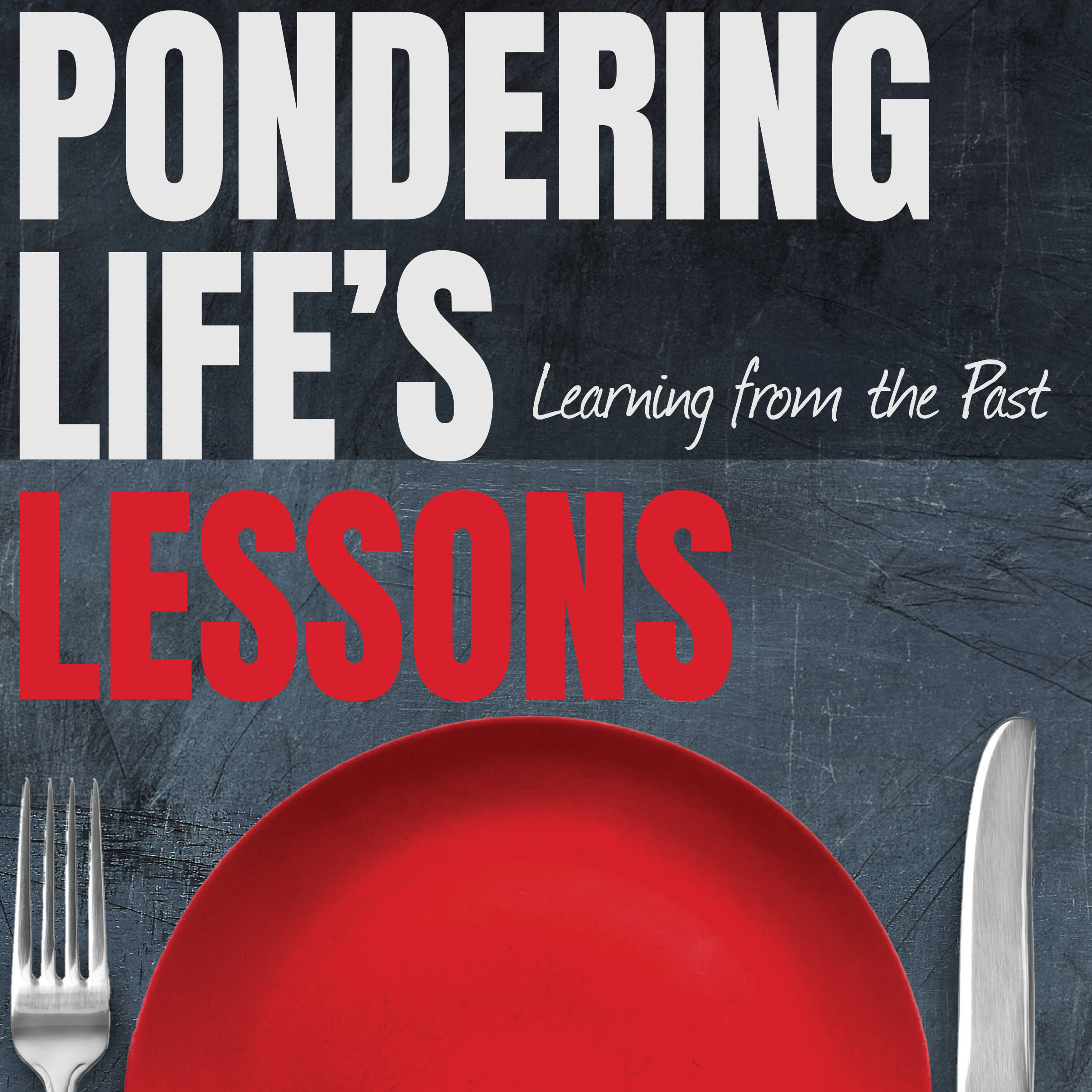
When I was teaching middle school, we taught in four person teams. There were four certified instructors representing one of four disciplines: math, science, social studies, and language arts. While I had a double major in the social sciences and English, I taught language arts for seven of my eight teaching years. I taught seventh grade during my first year and eighth my final seven. We called ourselves a junior high for my first two years and transitioned to a middle school for my last six.
Each of our teams was called a “pod” and a group of students was assigned to the “pod”. Each teacher was assigned a “homeroom” within the “pod”, but the four teachers had the opportunity to develop our own schedule and group students as we saw fit. If we identified students who flourished together, we assigned them to the same group. If others were bad combinations, we split them up.
Our middle school housed grades six, seven and eight. Some students who stood out from the crowd earned reputations that followed them from grade to grade. While we all worked with whomever entered our classrooms, when bad actors moved away, some staff members secretly celebrated. David was one such student. He was assigned to our “pod”, but when school opened, David had moved.
About three weeks into the new year there was a knock on my classroom door. When I opened it, Carl, the school’s assistant principal, was standing there. He was accompanied by a boy who stood about two inches taller than me. Carl’s opening line was, “Mr. Tebo, I’d like you to meet David. He and his mom have returned to Plainwell, and he’s been assigned to your homeroom. I’m sure you’re going to have a great year.”
I welcomed David and directed him to an open seat in the fourth row of twenty-eight students. He kicked three of the boys as he moved towards his seat. Before he had a chance to sit down, I called him back to the front and we stepped back into the hall. We had our first of several “come to Jesus” conversations.
I started off by saying, “David, you’re not getting off to a very good start. When we go back in, you’re going to apologize to each of the boys you kicked, and then you’ll take your seat. While you’re in my classroom you’ll treat everyone with respect. If you do that, and participate appropriately, we’ll get along just fine.”
“Why don’t you just send me to the office?”
“Because they just brought you here. Now you’re with me.”
He went back in, mumbled “I’m sorry.” to the three boys and took a seat. This was the beginning of our special relationship.
During the three-week period between Thanksgiving and Christmas, the social studies teacher assigned to our team, Patsy, and I team taught a unit called “No Matter Where You Go, There You Are.” We opened the classroom dividers and worked with half of our pod in a two-hour block. We planned all of our lessons together and took turns being the lead teacher throughout each block.
Public speaking was one of the skills we taught during this time. I started everyone off slowly with an exercise I called “the public interview”. Students volunteered to be interviewed by me in front of the other students. The guidelines were simple. I could ask anything I wanted, and they had to reply truthfully. If they didn’t like a particular question, they could “pass” and I’d move on to another subject. The interview lasted about five minutes, and at its conclusion, the student could ask me anything I had asked. Again, I had to be truthful.
I never asked anything too personal, and I only asked questions I knew they could answer. I wasn’t attempting to “trick” them. I wanted them to speak publicly in front of a large group. We sat in the center of the room, and the other students gathered around us and just listened. I sought volunteers each day. Each student was required to volunteer at least once during the three-week period. That meant the entire process took about twenty minutes each day. It took on the vibe of a conversation rather than a public speech. While I had a set of prepared questions, I altered them based upon the answers the students offered.
We talked about school issues, things that were happening in the news, and sometimes their family. The most controversial question I asked was, “Do you smoke?”
On the day that David volunteered our interview went just like the dozens of students who volunteered before him. Things went smoothly until I asked, “David, do you smoke?”
His reply, “No.” was met with a collective gasp from the remaining students.
“David, it sounds like your fellow students don’t believe you. You know the rules. You’re required to tell the truth or take a pass. Let’s try again. Do you smoke?”
His “no” was followed by another gasp.
“Let’s try another question. David, have you ever smoked?”
“Yes.”
“So, you used to smoke but you don’t anymore.”
“That’s right.”
“When did you quit?”
“This morning.
TBC

